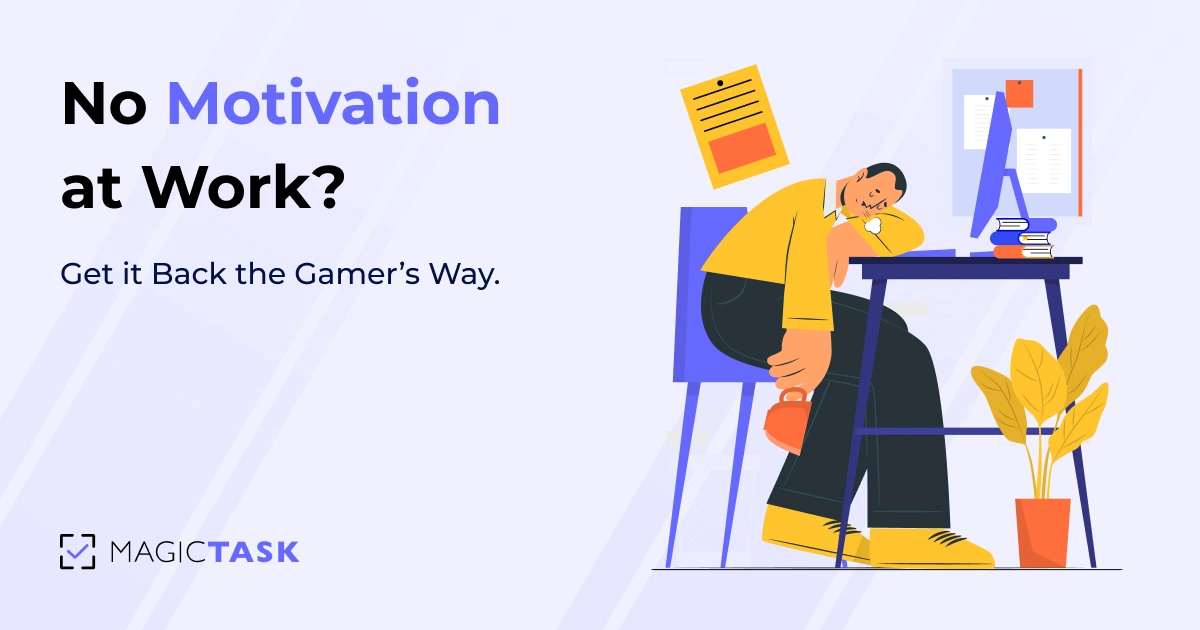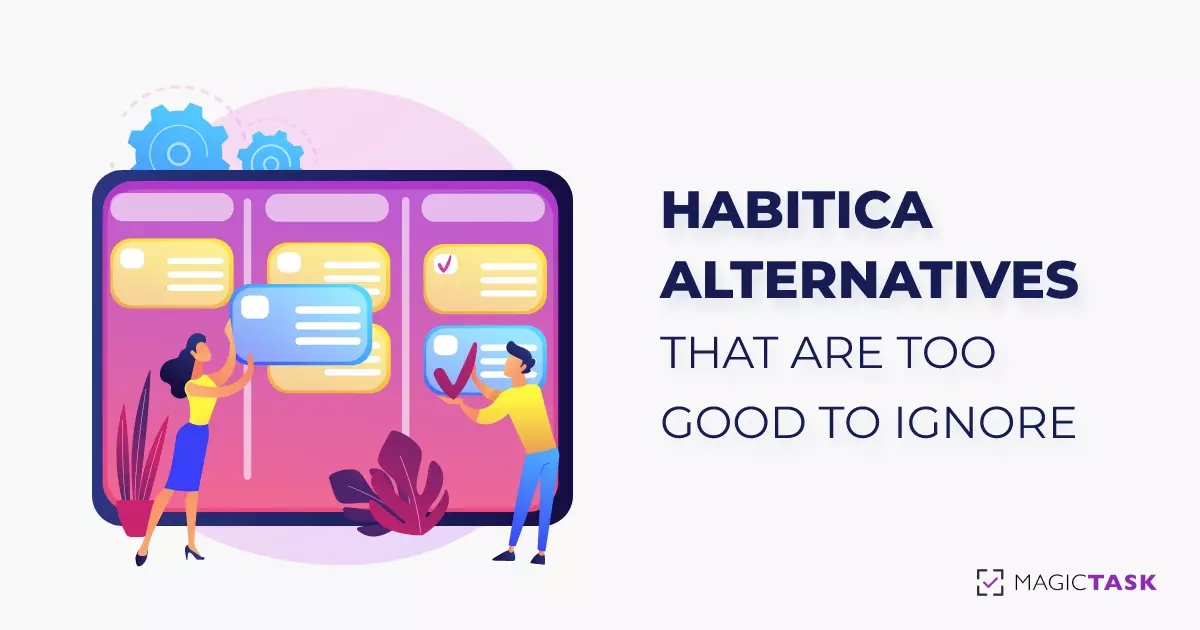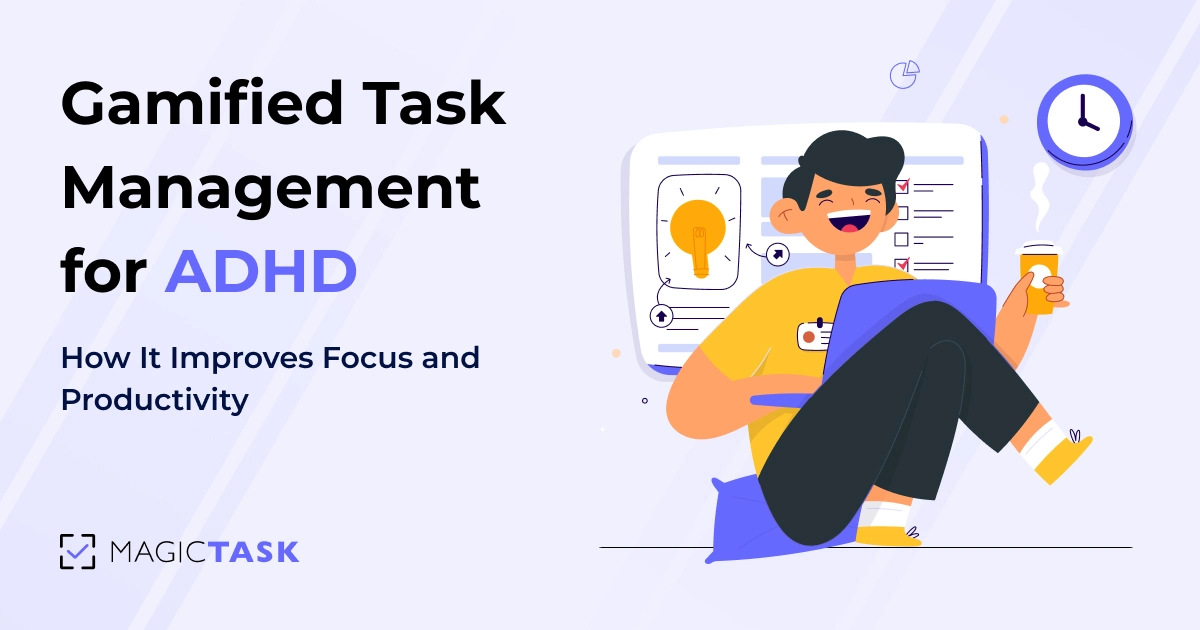Role of Mindfulness in Our Daily Routine and How to Incorporate It Effectively
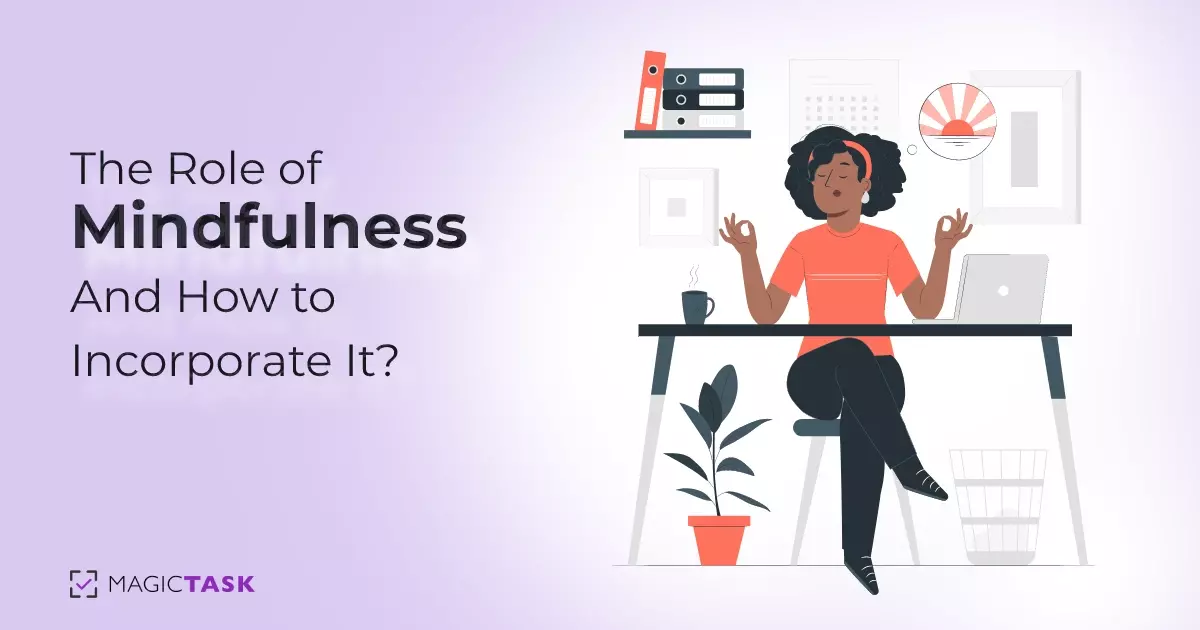
The human mind is powerful; evolution spent millions of years creating an effective survival tool. In some ways, it is the brain's projection of itself, so powerful that for a long time, human beings believed that the mind is a separate entity.
It can do incredible things, collect inputs from multiple sources, analyze them, and identify possible outcomes. We can describe it as being designed to help humans overcome our biggest challenges.
But as powerful as it is, we know it is not perfect. It often needs constant stimulus, and our minds wander in search of it, making us distracted when we try to focus.
Mindfulness is a popular technique that has gained a lot of popularity over the last decade that promises to help us stay in the present.
What is Mindfulness in Simple Terms?
Mindfulness is keeping your mind in the present, being aware of what is happening in your surroundings, and not getting distracted by random thoughts. Simply put, it's having your mind where you are at.
For example, when we are doing activities that take little focus — doing the laundry or washing the dishes — our minds wander off into other activities or thoughts. We may start daydreaming, thinking about our business, or planning our next vacation. Mindfulness is about preventing exactly this and putting all of your focus on what you're doing at the moment.
The last two decades have seen many celebrities promoting mindfulness, and many coaches have started offering programs to help you become mindful. But the techniques or concepts are much older and began with ancient Hindu and Buddhist traditions. These traditions have defined what mindfulness is and how someone can practice it.
Since the 1970s, there has been considerable interest in psychology regarding mindfulness. Many researchers have conducted detailed studies on mindfulness and its benefits. Meta-analysis of these researches has shown promising results for mental and physical health.
Many schools, prisons, veterans' programs, and hospitals offer mindfulness programs. Dedicated practitioners have often shown a better sense of self-awareness and emotional regulation.
There are three main ways to view or understand mindfulness: as a trait, state, and practice. Mindfulness is a trait when you consider it a character disposition; some people are more aware or mindful.
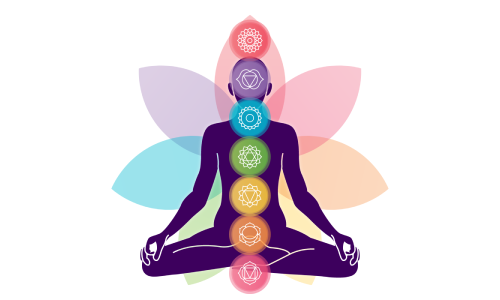
Mindfulness as a state is when a practitioner is mindful or more aware when they are practicing the technique. The various breathing and meditation techniques to become mindful are also referred to as mindfulness.
Mindfulness practitioners use various techniques to become more aware, but most of them are centered around breathing techniques. There are many apps and programs that help users get started with mindfulness through guided meditation.
Benefits of Mindfulness in Our Daily Routine
Over the years, there has been a lot of research into how mindfulness affects or benefits various aspects of life. These studies have shown significant benefits of practicing mindfulness in our daily lives. Here are a few:
Reduces stress
One of the main contributors to stress is having too many random thoughts in our minds. Instead of processing one aspect after another, when all of it comes at us at a go, we struggle to manage them and get stressed out. Practicing mindfulness gives our minds more space to handle our individual thoughts or worries. Instead of storming our minds or competing for our limited cognitive space, we become more capable of tackling them one after another.
Research has shown a significant reduction in stress for people who practice mindfulness regularly. MBSR, or Mindfulness-Based Stress Reduction Program, developed at Massachusetts Medical Center, is a proven technique that has helped adults of all ages manage their stress.
Improves focus
It isn't easy to focus on just one thing or the task that we're working on at the moment if our minds keep wandering off. We may spend a lot of time attempting to work but may actually get very little done if we can't focus.
This is particularly the case if you're trying to think of solutions to a problem or brainstorming ideas for a project. We may just sit in front of our laptops or notebooks for a moment, and the next moment our mind may be wandering down the streets of Paris or sitting in a cafe in Amsterdam.
By practicing mindfulness, we can gain more control over our minds. We can focus better on our tasks and complete them on time without distractions. Research has shown that people who practice mindfulness are able to manage their attention more effectively.
Improves mental health

Mindfulness has been proven to help improve many aspects of mental health for practitioners. It has shown promising results in assisting individuals with depression and anxiety. In fact, psychologists have come up with many therapy techniques rooted in mindfulness.
For example, Mindfulness-Based Cognitive Therapy, or MBCT, has been proven to help people from relapsing into depression and patients with major depressive disorder manage their symptoms. The technique combines educating patients about depression and being aware of their feelings and emotions but, at the same time, not reacting to them.
Mindfulness techniques have also been employed in patients with eating disorders and helping people manage chronic pain. Many studies and research have shown significant benefits of mindfulness in helping people with different types of cancers in managing their pain and mental health.
Mindfulness has also effectively managed insomnia, substance addiction, and social anxiety. The techniques have been shown to help people have better control over their emotions.
Dialectical behavior therapy, commonly used to help patients with borderline personality disorder, has taken many elements from mindfulness techniques. It has shown consistent results in helping people with the condition.
Improves physical health
Improvements in mental health usually positively impact physical health as well. For instance, when you're under a lot of stress, the body produces stress hormones, which can negatively impact your body in the long run. In the case of mindfulness techniques, using them to reduce stress has shown changes in the genetic expression of individuals and lowered their risk of inflammatory diseases.
Besides, many coaches and sporting teams have employed mindfulness techniques to improve athletic performance. It can help manage blood pressure and improve sleep.
Mindfulness-Based Stress Reduction techniques have also been correlated with improvements in the immune system. It has also shown a correlation with increased telomere length — usually meaning better cell division and reduced genetic material loss as a person ages. Increased telomere length is correlated with a longer lifespan and less likelihood of chronic health conditions.
Researchers have also found a strong correlation between the gyrification in the human brain and the number of years the individual has practiced mindfulness. Gyrification, or the formation of folds in the grey matter, usually correlates to improved processing capabilities and the ability to adapt. It also helps the brain transmit information more quickly and efficiently.
Improves confidence and self-awareness
Individuals who practice mindfulness are more confident and aware of themselves. They're in better charge of their emotions or how they express them and tend to be more responsible and authentic. They tend to accept themselves and their emotions better and often have a more coherent sense of identity.
Many studies have found that mindfulness helps people showcase empathy and compassion toward others.
Reduces biases toward age and race
This may not seem like the most obvious benefit and may be hard to fathom, but an interesting study from 2014 explored how mindfulness changed biases. The study tested how people reacted or people of different ages and racial groups. The study showed that the participants weren't just more aware of their biases but that they appeared to have fewer biases compared to the rest.
How to Incorporate Mindfulness Into Your Daily Life
To get all the benefits of mindfulness, it should become a part of who you are. Instead of just practicing it for a few minutes a day, you should try to be mindful throughout your life. But this cannot be achieved in a day and takes a lot of practice. But you can start by spending around ten minutes a day.
Here are the steps to incorporate mindfulness into your daily life.
1. Practice meditation and breathing
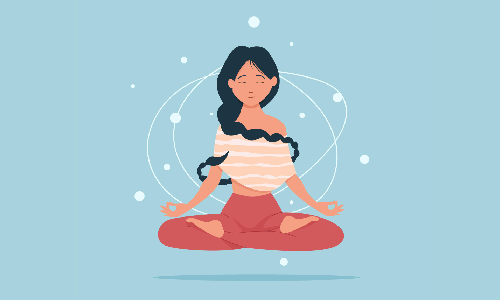
Learning breathing techniques is the first step to becoming more mindful. Every day, set some time aside for meditating and practicing mindfulness.
Sit down on a chair or the floor and relax. Take deep breaths in and out. Feel the air going into your lungs and leaving them during every breath. Be aware of your body and how it moves and reacts to your breaths. Keep your mind from wandering off and focus solely on your body. Do this for a couple of minutes and avoid getting distracted.
If you do get distracted, accept that, and avoid feeling guilty or blaming yourself. Just refocus yourself and get back to your body.
Focus on your body, and feel your toes, your feet, your legs, and up until your head. Relax your jaw, shoulders, abdomen, legs, and all the muscles in your body.
Once you practice daily, you'll be able to focus better on what you're doing.
2. Focus on and enjoy what you're doing
Whatever you're doing, focus on that and keep your mind on it. Even if you're doing repetitive or monotonous tasks, keep your mind from wandering and instead observe what you're doing.
If you're doing the dishes, focus on it; watch your hands moving, how you're standing, and your posture. When you have food, focus on what it tastes like, what the texture is like, how it feels in your mouth, and what you feel once you've swallowed it.
Enjoy everything that you're doing and be in the present.
3. Build and follow a routine

When you don't have a routine, learning and understanding your body and mind is challenging. For instance, if you wake up every day at different times or sleep for varying periods, it isn't easy to gauge the emotions you're feeling. Are you angry or irritated? Are you feeling hungry, or are you just tired? When you have a routine, it becomes easier to gauge this.
4. Be aware of your body's needs
To be aware of what your body wants, you need to listen to it and provide it with what it wants. Check regularly if you're feeling hungry or thirsty. If you're, have food and water then and there. If you're feeling sleepy, try to take a short nap.
Soon, your body will be able to communicate better with your mind, and you'll quickly notice its needs.
5. Do one thing at a time
When you're doing something, focus only on it. Try to avoid doing multiple things at the same time. Not only will it take more time than when doing them one after another, but you won't be able to focus on any of your tasks.
If you're working on managing your stamp collection, avoid listening to music. Be in the moment, and set aside time to enjoy music.
6. Identify and write down your emotions
One of the first steps to being in control of your emotions is to identify them. We often feel many emotions but don't try to understand them. We may simultaneously feel sad, angry, and frustrated, but we only notice that we're crying.
By trying to identify what you feel and writing them down, you can better understand what triggered it and identify and better manage them the next time.
Be Mindful, Be Focused, and Be in the Moment
Mindfulness helps you live in the moment when you're surrounded by stimuli screaming for your attention. It enables you to savor every moment and direct your energy as needed.
Try out mindfulness and watch your life change for the better.
